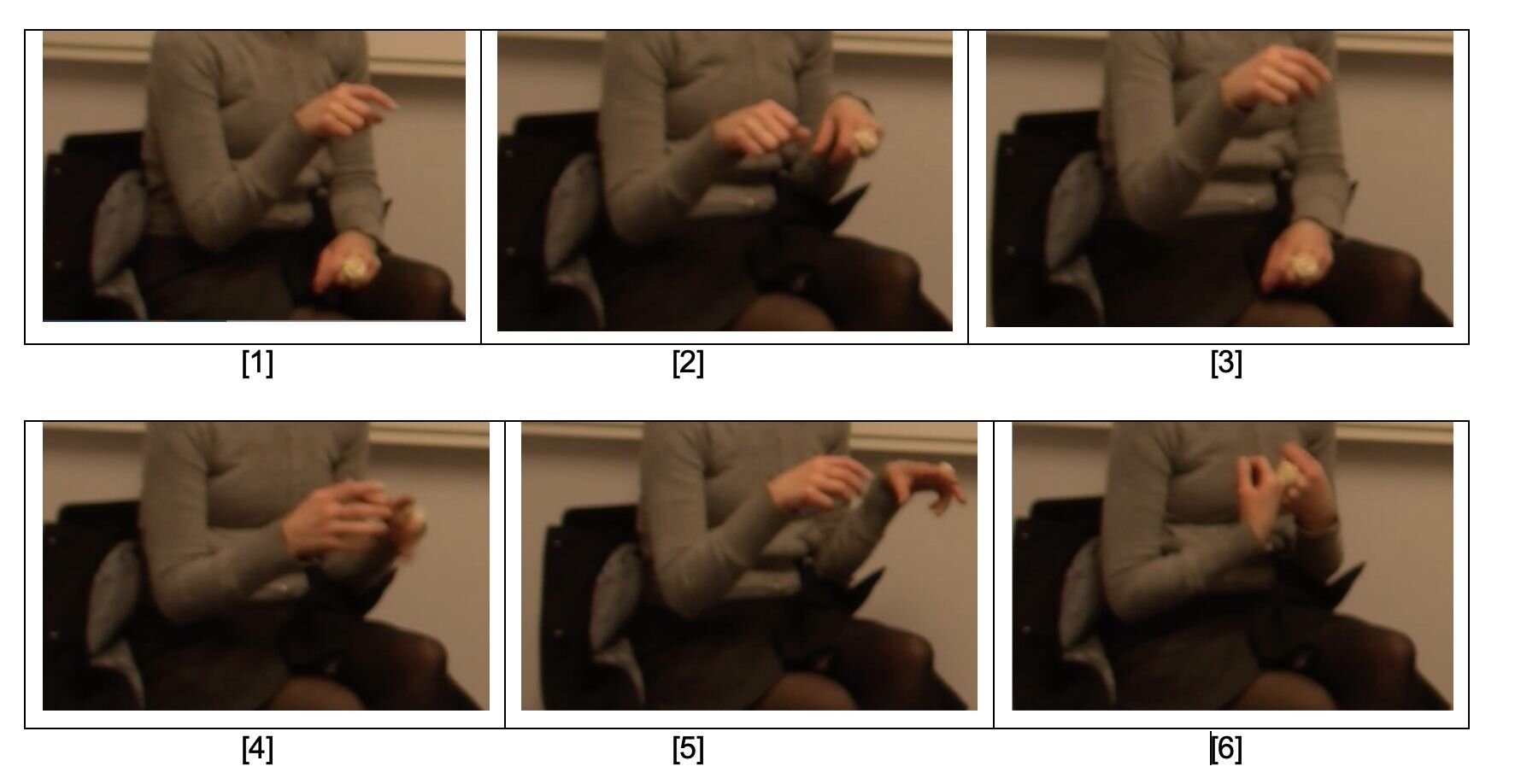A new study published in the journal Frontiers in communication He revealed that Italians have a unique relationship with sign language. According to the researchers, Italians actually tend to use their hands to express themselves during everyday conversations.
Hands, often called the “second language” of Italians, play a crucial role in communication.
“The most interesting thing is that we demonstrate that people from different cultures use gestures differently because of different rhetorical styles and different ways of constructing a story,” he said. Phys Maria Graziano, author of the article.
Italians tended to use more realistic gestures, to comment on the story and introduce new parts to the listener. On the other hand, Swedes tend to use more representational gestures, which mainly represent the events and actions of the story.
For every hundred words, Italians used an average of 22 gestures, while Swedes used only 11.
The importance of hands to Italians
Gestures range from gentle movements to more active and emotional expressions. This cultural characteristic is so striking that scholars now consider it an integral part of Italian identity.
The study compared the gestures of Italians to those of Swedes. According to the study, while Italians used their hands more frequently and expressively, Swedes were more reserved in their gestural actions. Cultural difference can be attributed to historical, social and linguistic factors.
In addition, Italians have been found to use gestures to emphasize important points in their stories, making them more attractive and memorable. On the other hand, Swedes tend to be more direct and objective in their communications.
This research has interesting implications for understanding language and culture. It highlights how gestures can complement and enrich verbal communication. Moreover, it suggests that the way we express ourselves is deeply rooted in our cultural heritage.

“Wannabe internet buff. Future teen idol. Hardcore zombie guru. Gamer. Avid creator. Entrepreneur. Bacon ninja.”

